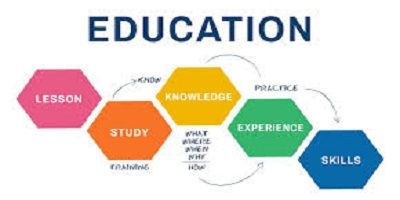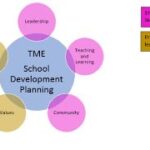QUALITY IN EDUCATION
QUALITY IN EDUCATION: The term quality encompasses two aspects; procedural quality and transformational quality. The first is concerned with measuring up and ensuring conformity to a predetermined specification. The question that is asked is ‘Does this good or service do what is asked or expected of it?’ This is fitness for purpose. This is sometimes called the producer definition of quality or the procedural concept of quality.
The procedural concept is about proving that things have happened following predetermined specifications. It ensures that activities conform to requirements. Proving, approving, and reporting are the key descriptors of this largely instrumental approach to quality. It is an accountability or audit approach that is concerned with ensuring consistency and conformity. It is based on the predominantly hard indicators of measurable performance.
Transformational quality is different. It has less to do with systems and procedures and more to do with continuous improvement and organizational transformation. It focuses on the softer and more intangible aspects of quality. These softer concepts include care, customer service, and social responsibility, and often go to the heart of the difficult and intangible issues of customer satisfaction and delight.
Transformational quality is achieved not through adhering to systems and procedures, but through the exercise of leadership. It is leadership that establishes a vision that translates into customer service and builds the structures and organizational culture that empower staff to deliver quality service.
Whereas the procedural concept is about proving, the transformational approach is about improving. It is about doing things right, not just doing the right things. Transformational quality blends the aspirations of customers with the empowerment of staff.
SOME KEY TERMS USED IN QUALITY
Quality control is the oldest quality concept. It refers to the detection and elimination of components or final products that are not up to standard. It is an after-the-event process concerned with detecting and rejecting defective items. Inspection and testing are the most common methods of quality control and are widely used in education to determine whether standards are being met.
Quality assurance is different from quality control. It is a before and during the event process concerned with preventing faults from occurring in the first place. Quality assurance is about consistently meeting product specifications or getting things right the first time, every time.
TQM is about providing the customer with what they want when they want it, and how they want it. It involves moving with changing customer expectations and fashions to design products and services that meet and exceed their expectations. Total quality management incorporates quality assurance and extends and develops it. TQM is about creating a quality culture where every member of staff aims to delight their customers, and where the structure of their organization allows them to do so. In TQM the customer is sovereign. The total in TQM dictates that everything and everybody in the organization is involved in the enterprise of continuous improvement. The management in TQM likewise means everyone, because everyone in the institution, whatever their status, position, or role, is the manager of their responsibilities.




